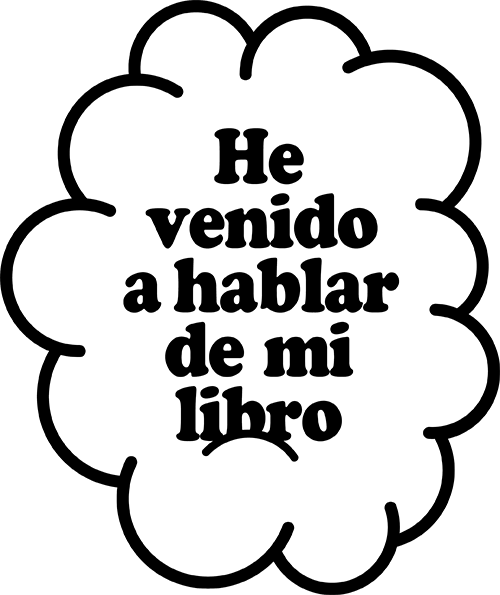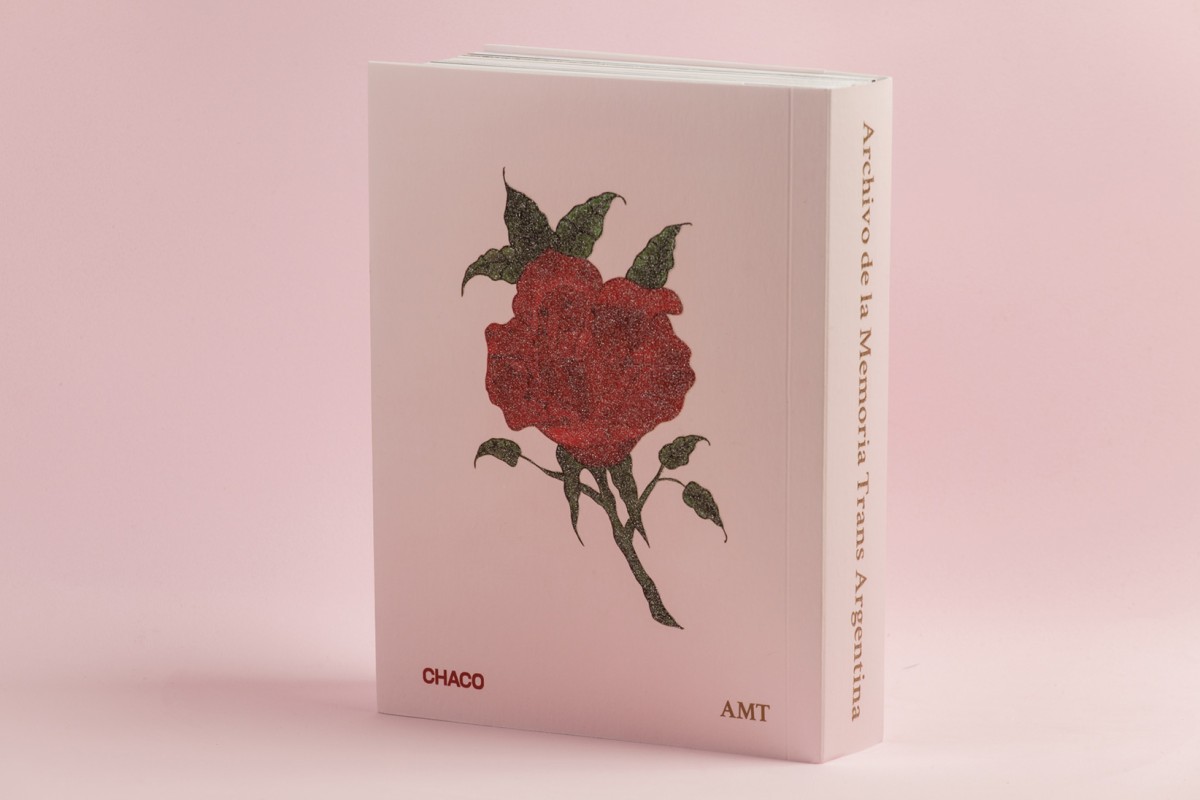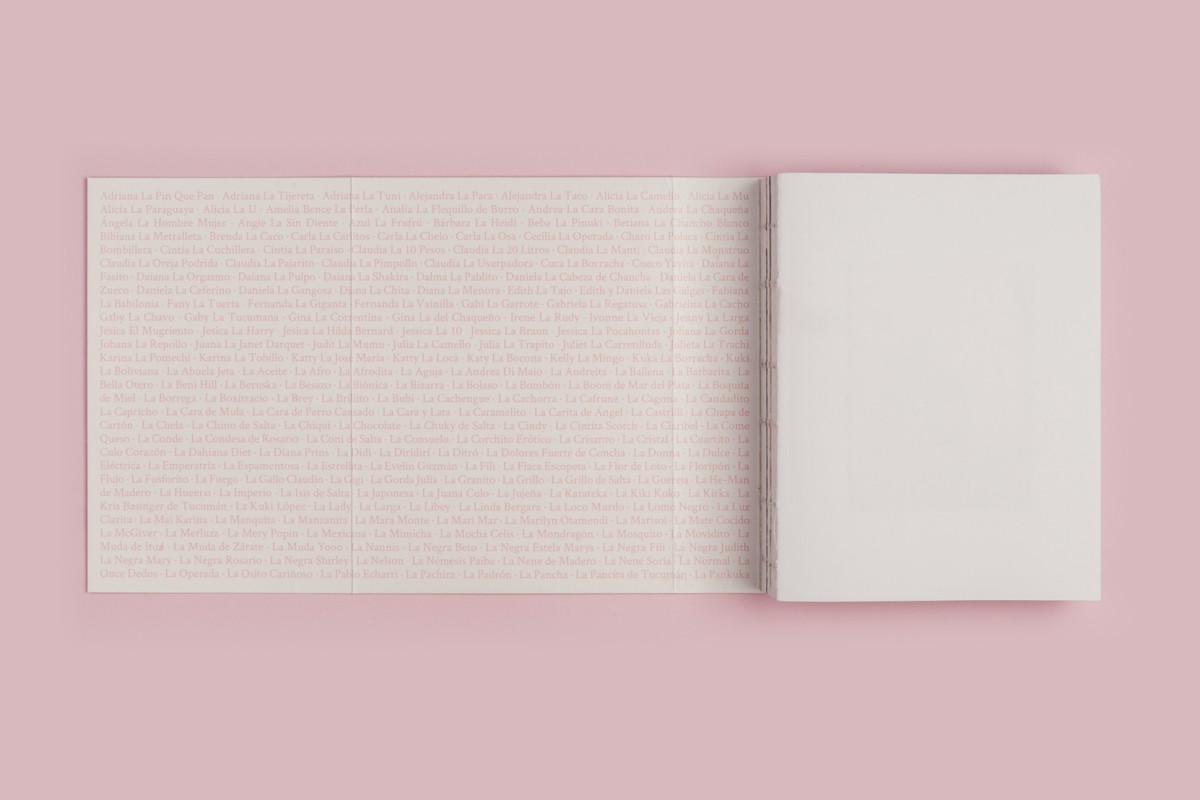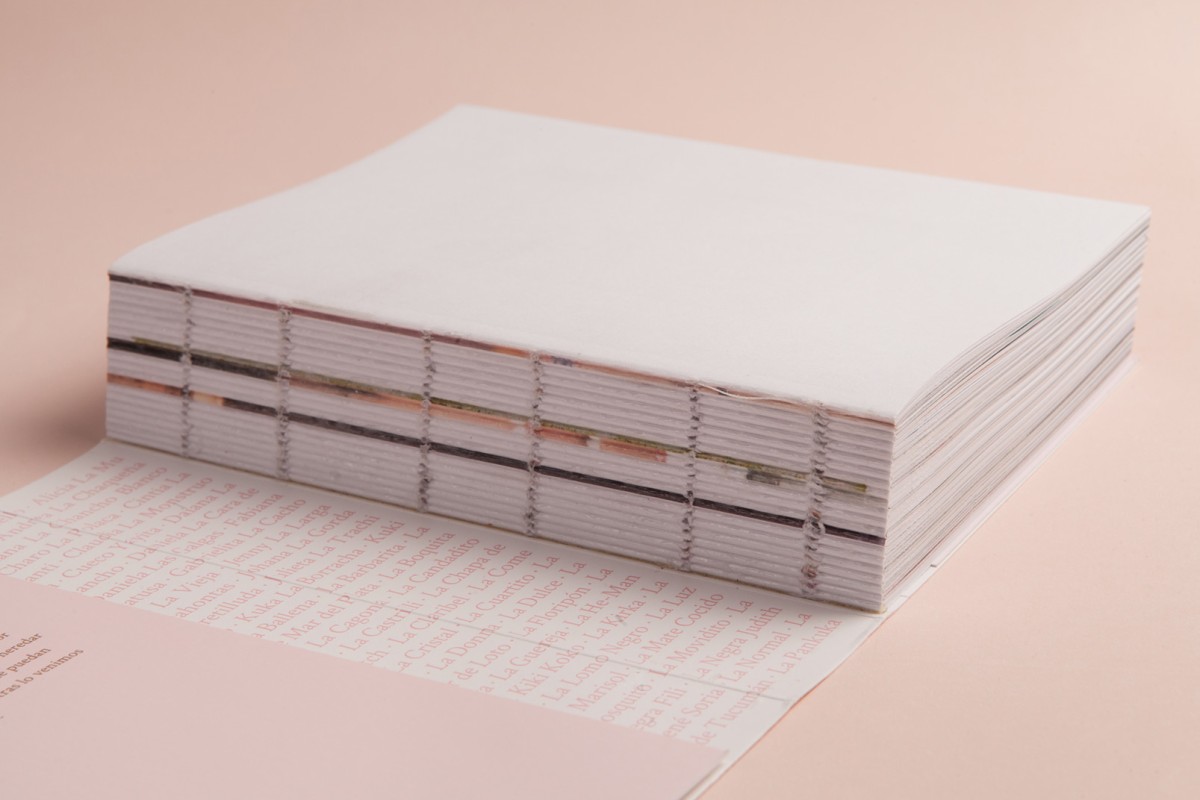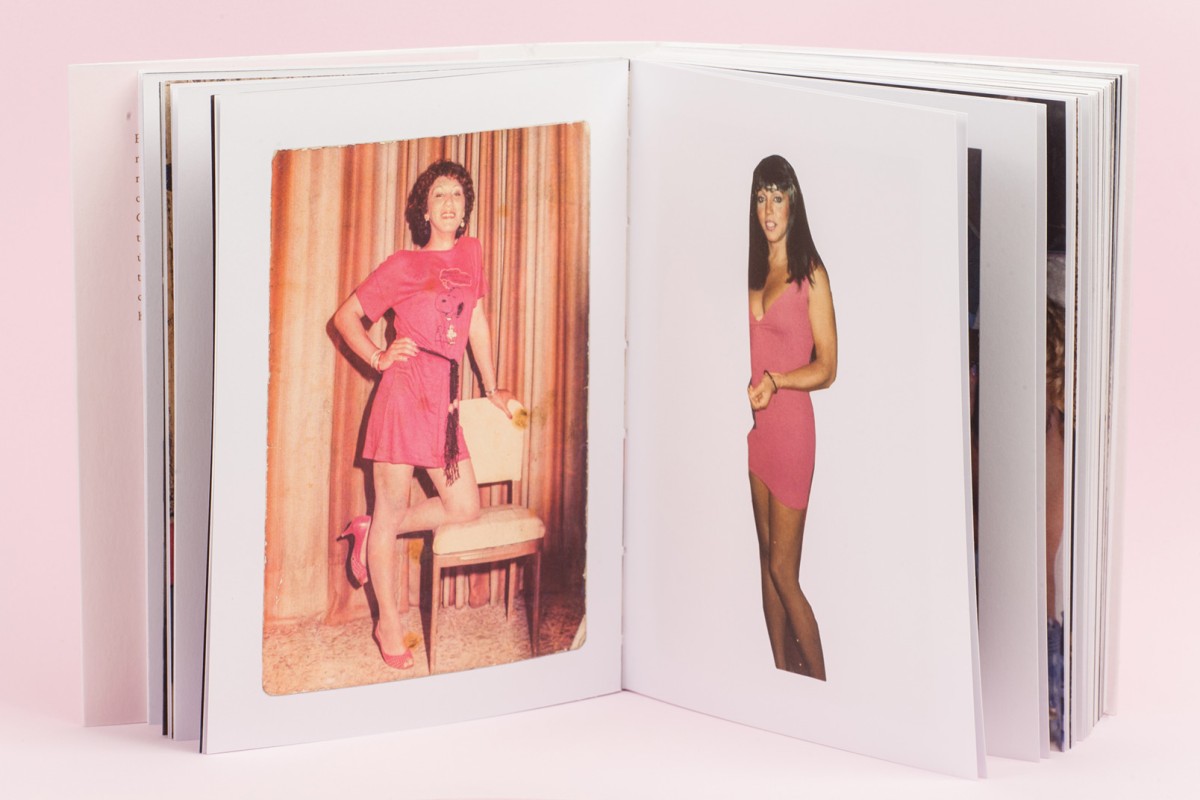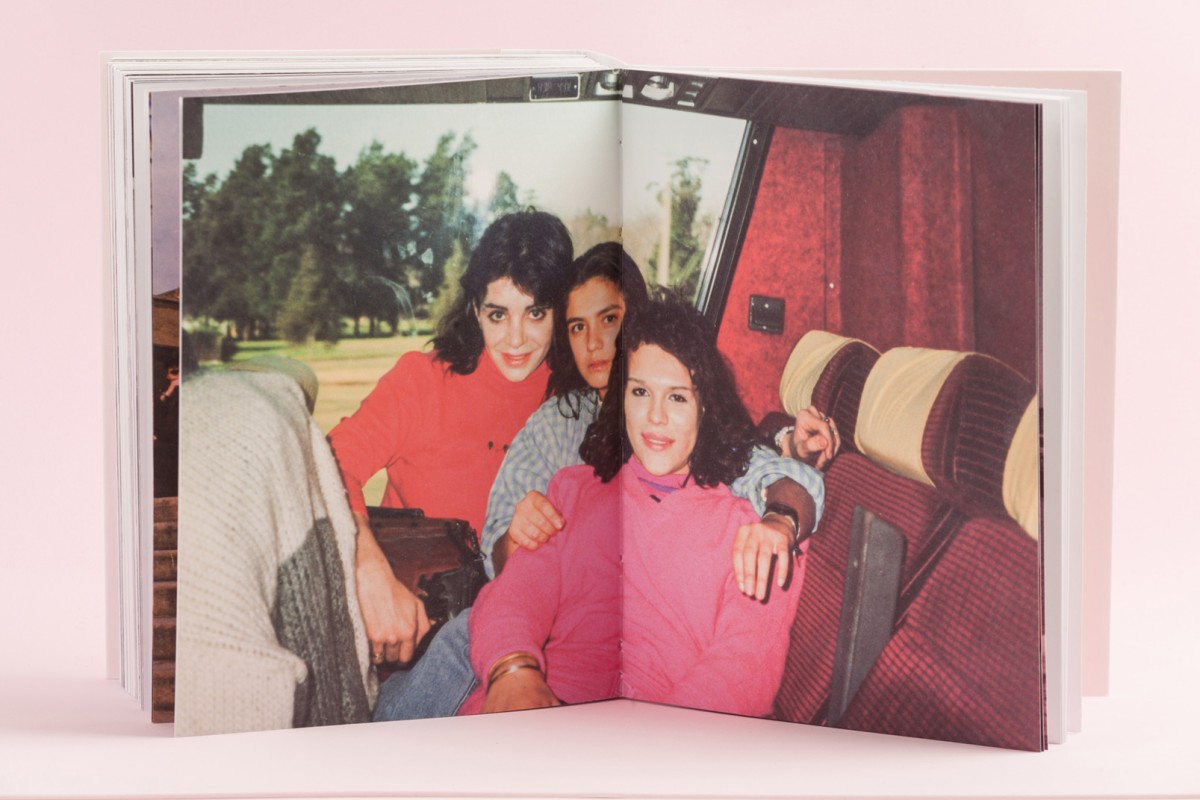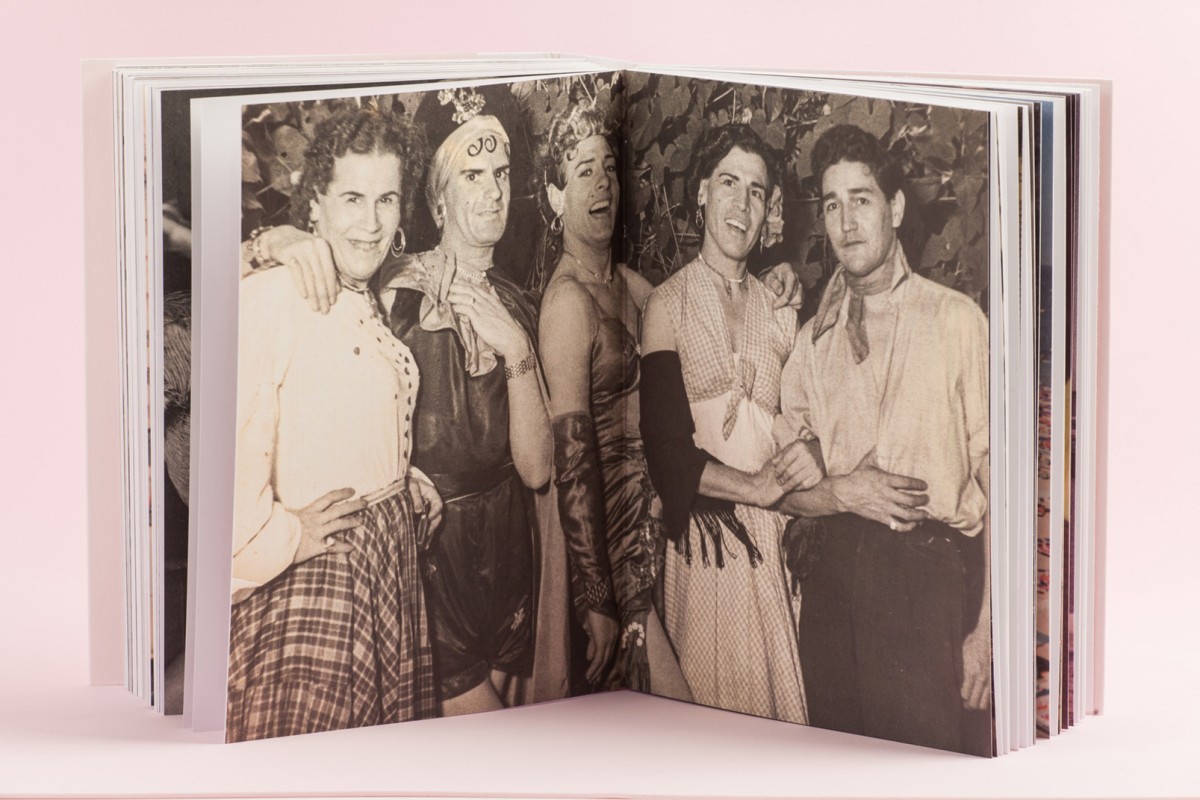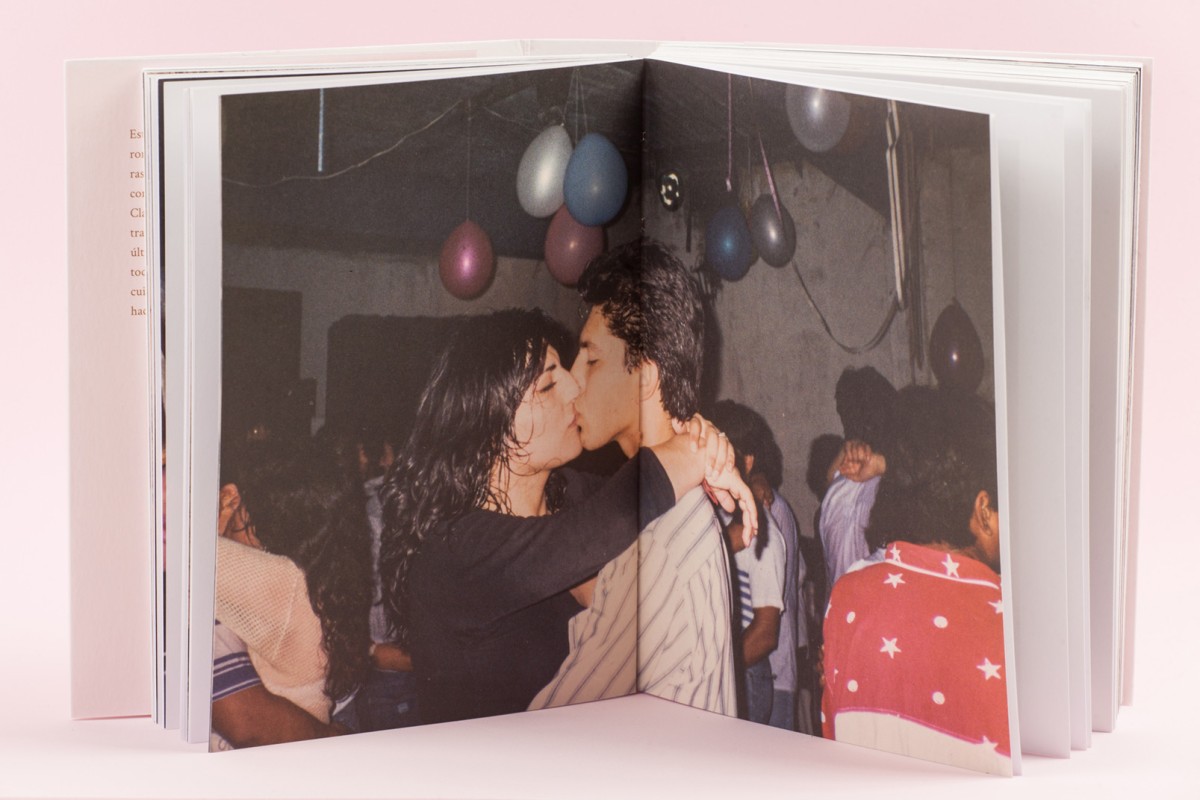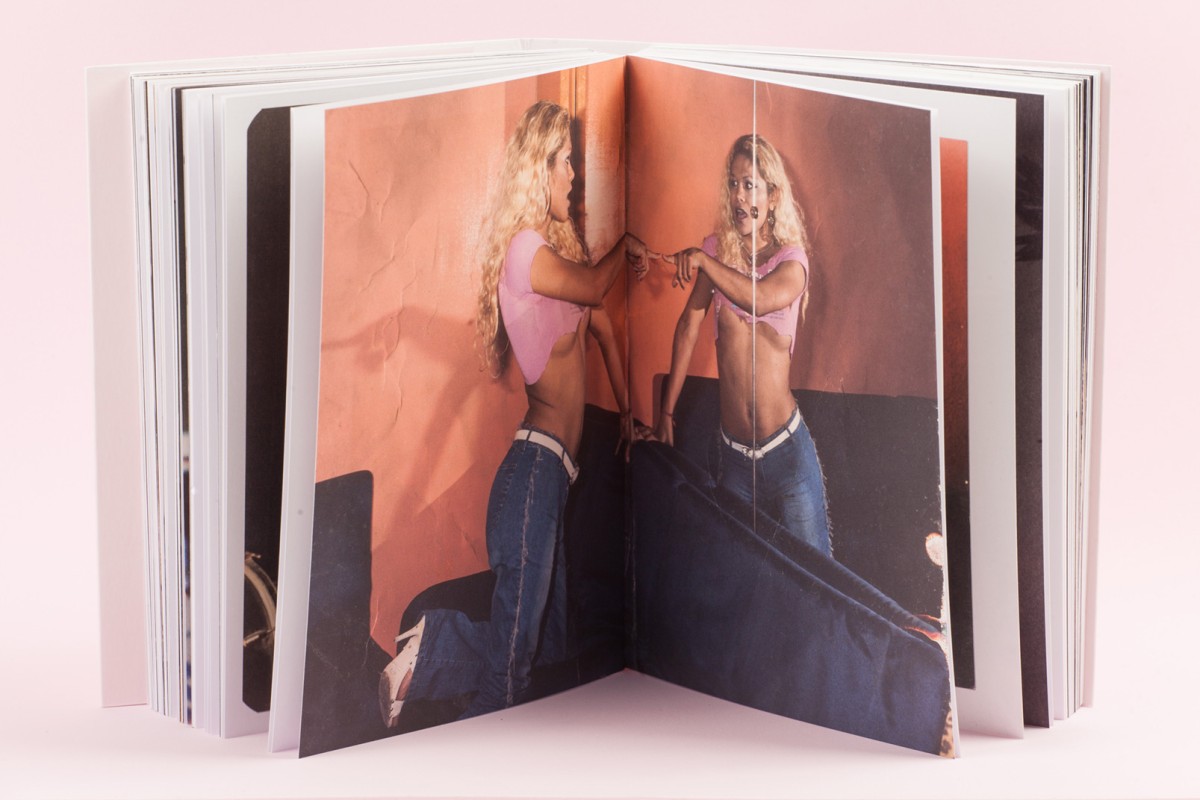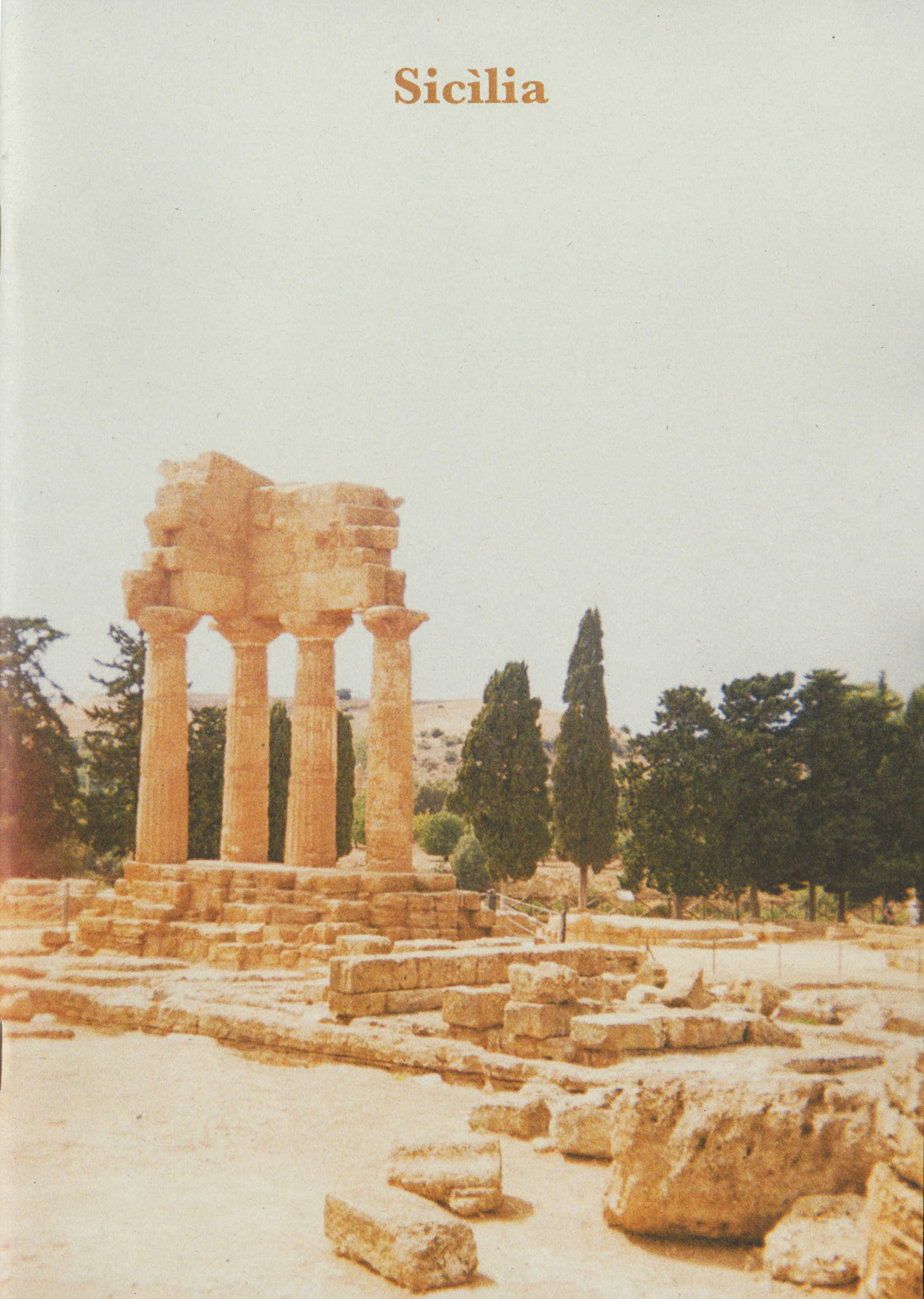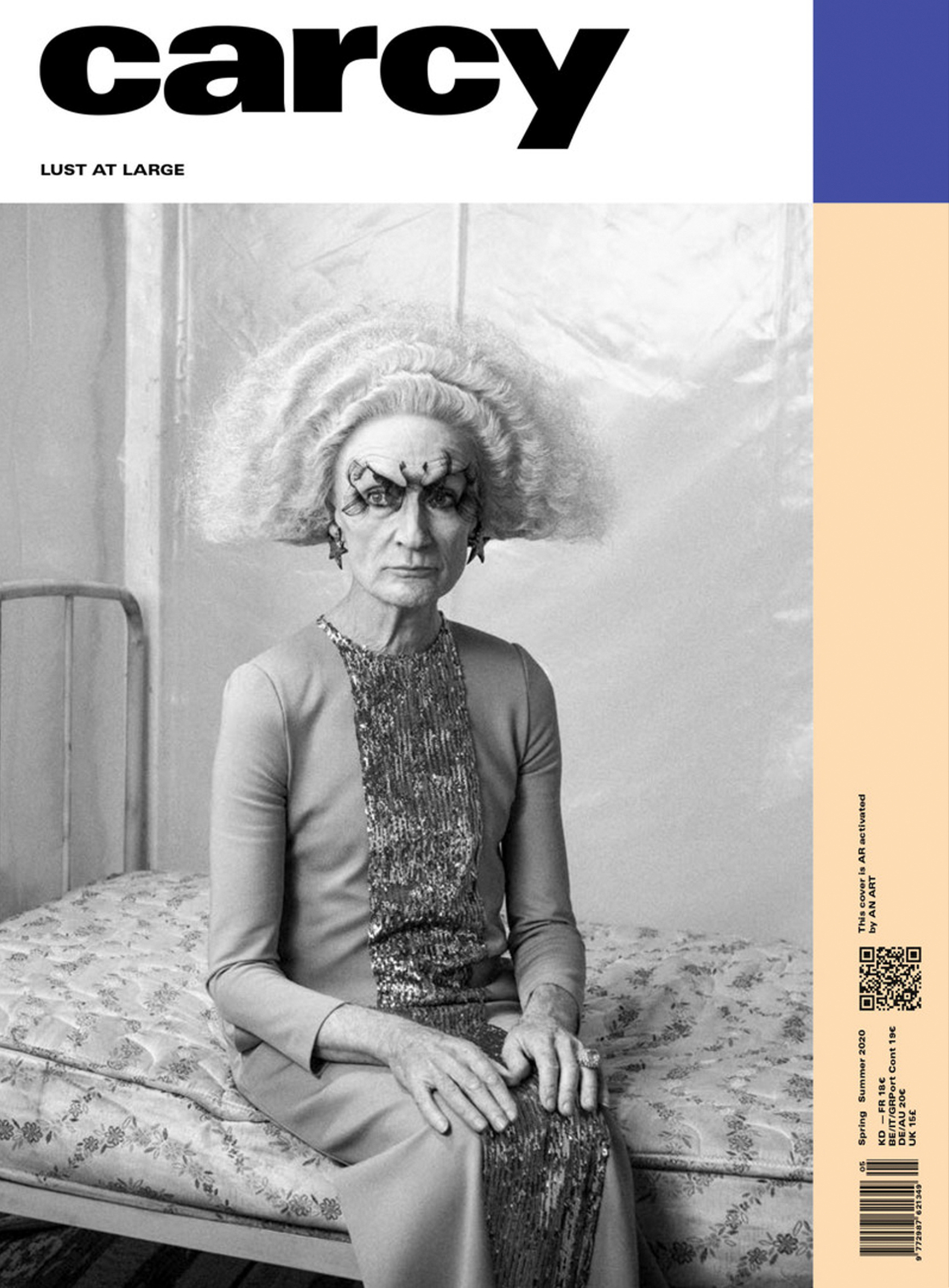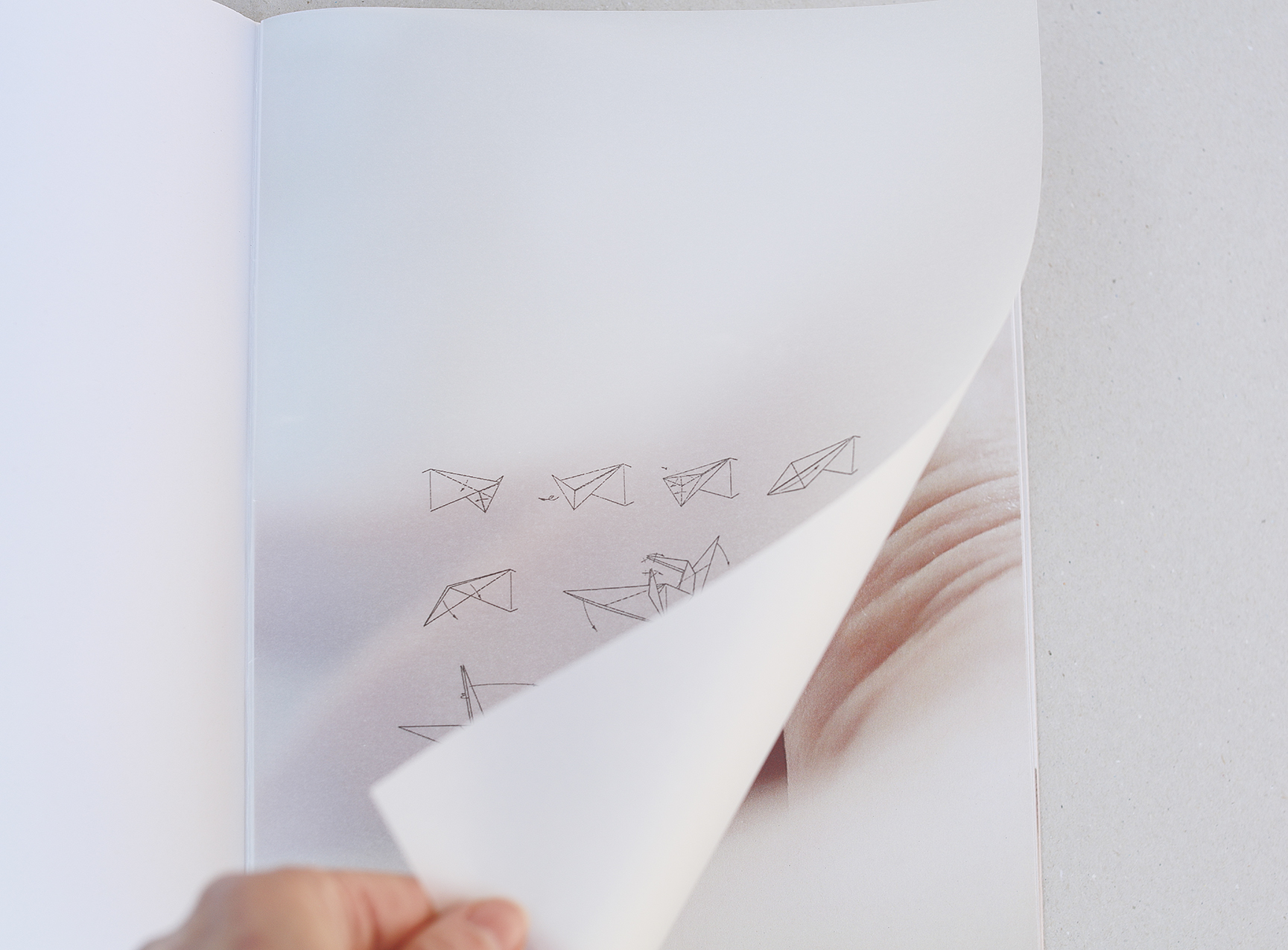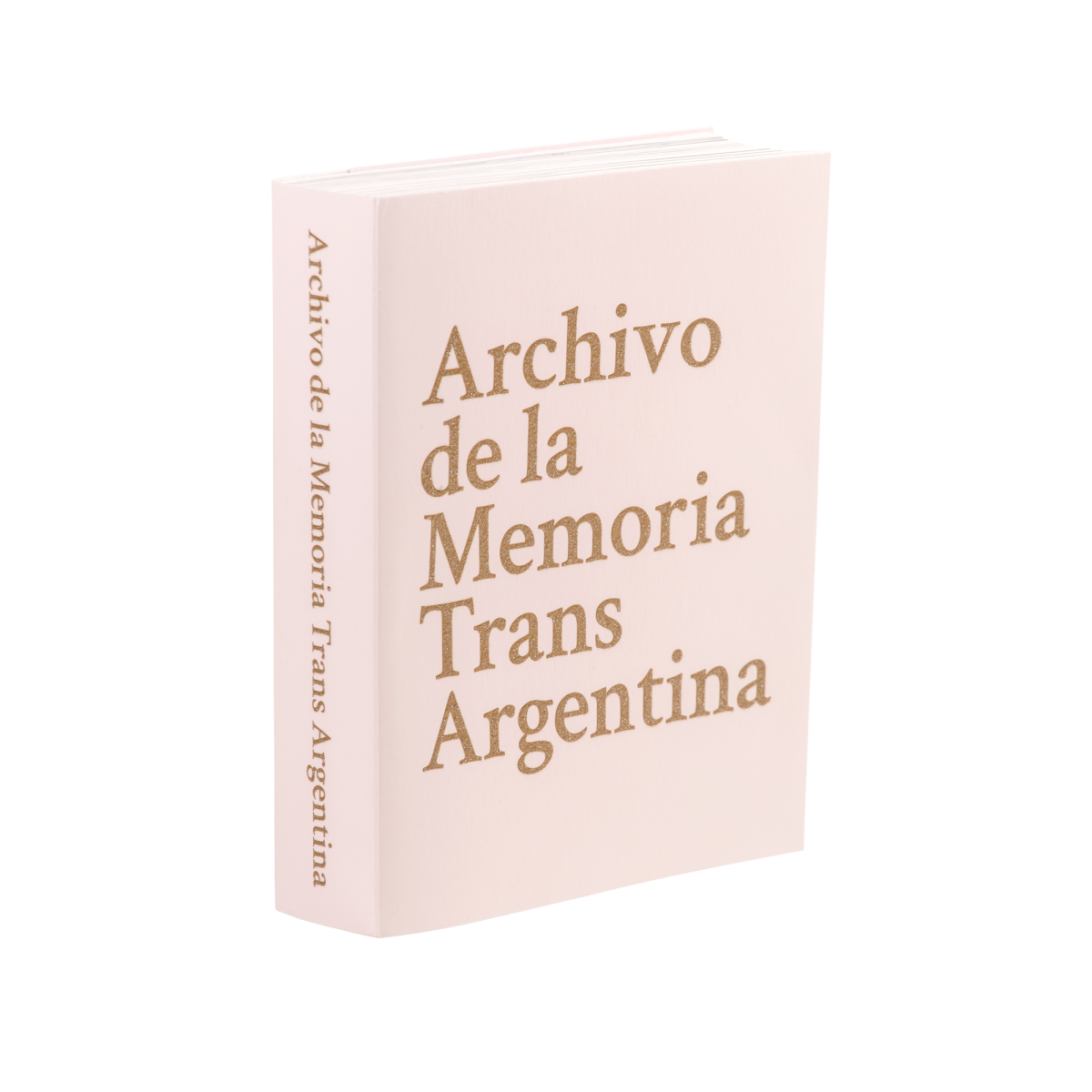
Archivo de la Memoria Trans Argentina
Archivo de la Memoria Trans
Chaco
2020
Veronica Fieiras
Archivo de la Memoria Trans
Juan Beccar Varela
Offset
Exposed Spine Binding
2000
336
Archivo de la Memoria Trans is a family reunion. It arises from the need to embrace each other again, to look at each other again, to meet again after more than 30 years with the comrades we thought were dead, with those we distanced ourselves from due to differences or exile; and mainly with the memories of those who are no longer here.
From our past, marked by exclusion and violence, many things were left pending in the urgency to exist. Photographs, stories, diaries, magazines and objects give an account of our activism before activism, and why today there are less than 100 of us who are over 55 years old.
The project was the brainchild of Claudia Pía Baudracco and María Belén Correa, both trans women activists and founders in 1993 of ATA (Asociación de Travestis Argentinas), who had imagined having a space to bring together fellow survivors and their memories. Pía died in 2012 - months before the Gender Identity Law was passed - and María Belén founded the Archive from exile. In 2014, with the help of photographer Cecilia Estalles, she began the work of compiling and digitally preserving the documentation for its conservation and protection. Currently, the Archive contains a collection of more than ten thousand documents; it records material from the beginning of the 20th century to the end of the 1990s. The current members of the project are: María Belén Correa, Cecilia Estalles, Carmen Ibarra, Magalí Muñiz, Carolina Figueredo and Cecilia Saurí.
In the Archive, we assemble memories to make a portrait of friends who are no longer with us. In the dispute for the real version of the anecdote, we discover details that we had forgotten, but that another colleague kept and that are in the orbit of our stars. We look inward with nostalgia, joy and pain to bring back the smell of the perfume that characterised her; that timbre of voice that was hers alone; her gestures; her body; the most tragicomic anecdotes of dungeons and police; who baptised her forever with that nickname that would never appear on a DNI; the furore of the costume for the big carnival party; the new family in Paris, Rome, Villa Madero; the days before her death; and the nights on the roads, avenues and forests or the private flats. Our reality was always struggle and resistance. And an intense shine on the lips.
Essential traces that would be lost without the exercise of intimate, subjective and collective memory.
Being together was the way we found to resist the multiple forms of violence exercised by civil society and the state. By building this archive, we have been able to reinforce the power of our bonds by staying together.
This is the closest and truest account of our family that can exist, because we, the survivors, built it ourselves.







